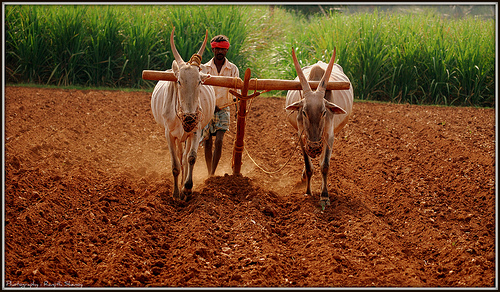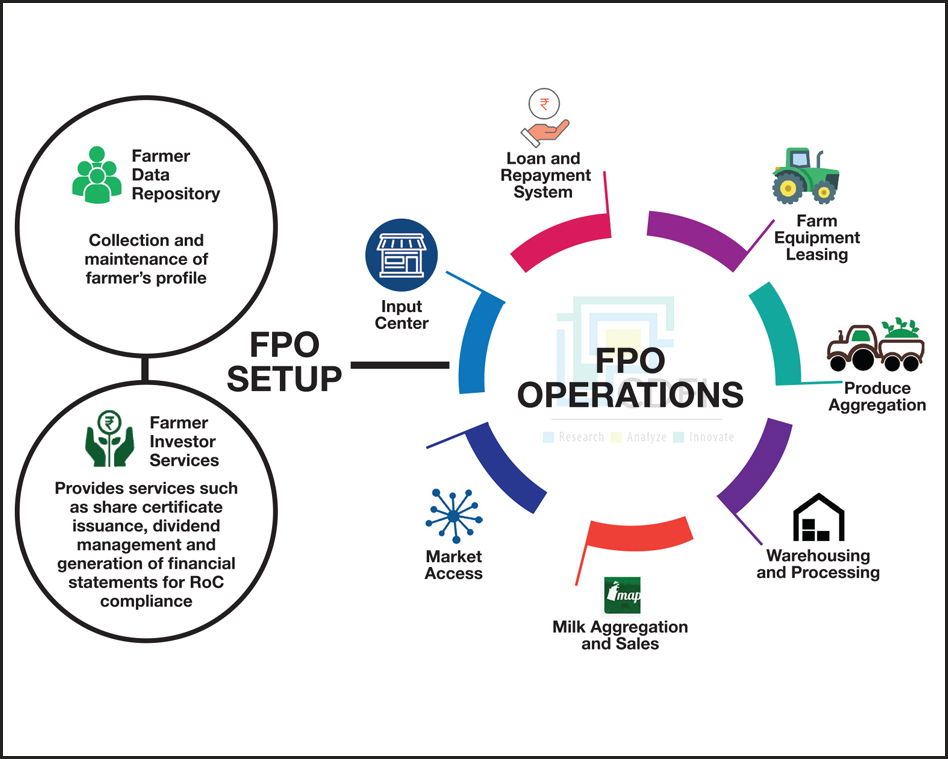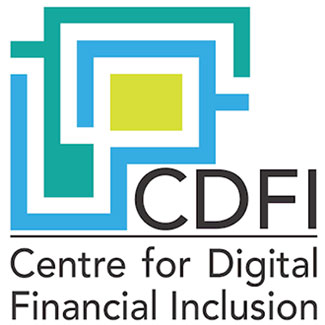
Feb 17 2016
Steps towards financial inclusion

The Reserve Bank of India has granted in-principle approval licenses to 11 entities to set up Payments Banks. This licensing round marks a tectonic shift in the banking industry of India, with a differentiated licensing regime being introduced for the very first time.
Payments banks retain the major financial services a scheduled commercial bank can provide, with the exception of providing credit / asset based products, and are envisaged to drive bank penetration in rural areas. Providing formal financial services to the “unbanked” population is high on the agenda of the RBI, and these payments banks are meant to be a giant leap towards achieving financial inclusion.
However, a lot of debate has been generated around how beneficial payments banks will really be to promote financial inclusion, considering that they cannot provide credit facilities. Proponents of financial inclusion argue that the most desirable financial product for the rural populace is credit, and the lack of formal channels for credit drives them to seek informal sources to meet their needs. Depriving the payments banks of this revenue stream also serves to limit their efforts to be financially stable. This thought process overlooks the vision of RBI of the purpose of payments banks. The flaws of the payments bank model are based on the premise of the shortcomings of the services they will provide, compared to scheduled banks. However, the basic idea of a payments bank is that it will address a market previously untapped by these commercial banks, and to compare them to commercial banks would defeat the idea of a differentiated bank license regime. A closer comparison might be that payments banks are similar to mobile wallets, but with a wider array of services offered.
It is expected that payments banks will leverage newer and lower-cost technologies, which will be a significant upgrade to the current infrastructure that the banking industry employs. With the majority of their services premeditated around transactions, payments banks will facilitate a huge shift towards a cashless economy. A transparent cashless economy increases accountability and efficiency of the payments system, as well as saving on the high costs of handling cash. As per a report by the Institute for Business in the Global Context, this cost touches INR 21,000 crore annually1. This transaction and remittance based model will also be extremely popular among migrant labourers, who require a cheap and reliable way to remit money.
With payments banks inking agreements with commercial banks, it is feasible that there will be cross selling of credit products of commercial banks using the payments bank infrastructure. Here, the transaction data of customers will prove invaluable in determining credit scores. Currently, the most important determinant of the CIBIL credit score is the loan repayment behaviour of an individual. However, it fails to take into account an individual’s behavioural habits of transaction e.g. timely repayment of bills, purchase history etc. Thus, payments banks with their consumer data may generate a shift in how the credit industry identifies and grants loans to debtors.
More than anything else, payments banks, especially players like telecom operators and Post office, should drive the adoption of formal financial services by the rural population by leveraging their vast distribution network in rural areas. This will ensure presence of formal banking channels in the rural hinterlands of India, which has remained woefully under-penetrated. Providing a safe and accessible destination to deposit their money, which offers interest as well as liquidity, will spark a behavioural change on how individuals handle their money. Their efforts to sell financial products like mutual funds and insurance for an additional revenue source should further increase awareness of these products, where products like insurance etc are not yet considered important to safeguard themselves against any unfortunate events.
Recent Posts





